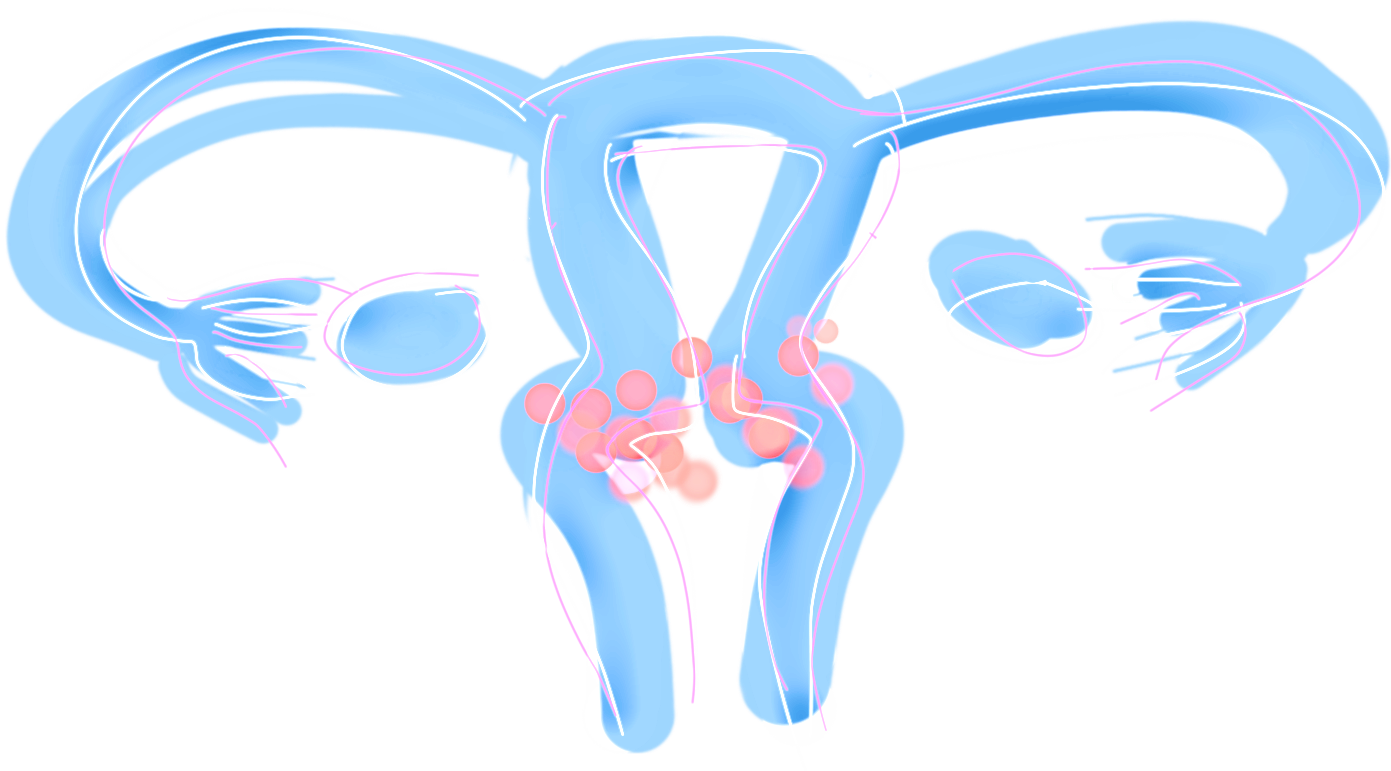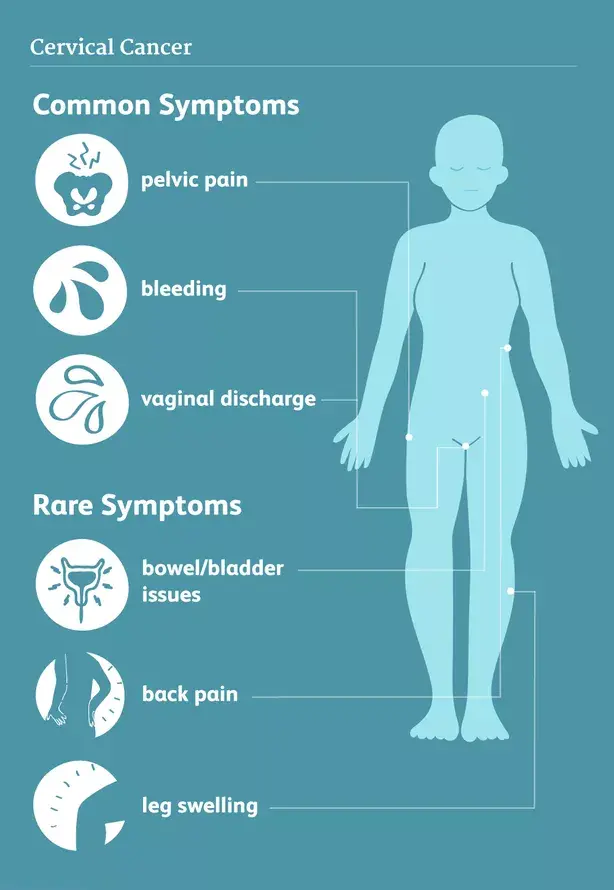Cervical Cancer
The cervix and cervical canal are the most distal parts of the uterus.
Pre-malignant cervical lesions can be detected on screening smear examinations. A smear tests is a screening tool, and in case of suspicious cervical lesions/tumor, the patient must be referred for specialized conclusive examination to determine, if a lesion is malignant or not.
Patients with severe dysplasia or carcinoma in situ (pre-malignant cervical lesion) may be recommended to undergo conisatio of the cervix, to prevent progression to actual cervical cancer.
Within the last decades extensive screening programs were introduced, especially in developed countries. The number of deaths from cervical cancer has effectively declined with the introduction of the screening programs and also HPV-vaccination.
Cervical cancer differs from uterine (endometrial) cancer regarding symptoms/presentation, histology, treatment and diagnosis.



